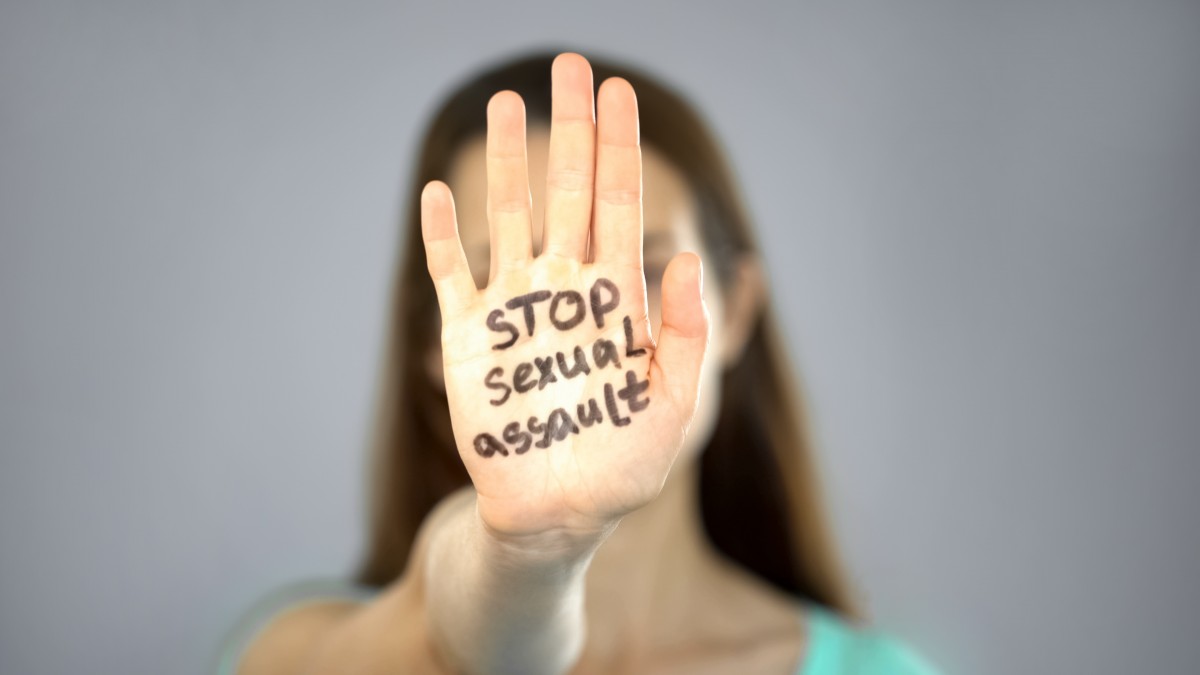Casual attitude towards sexual violence and mob justice?
By JOSEPH KAYIRA | 1 November 2023
In December 2020, a press statement by the Malawi Human Rights Commission (MHRC) observed how widespread cases of violence against women and girls had become at the time. It said reports of rape and defilement were widespread. Equally, MHRC said the country had witnessed increased levels of violence and mob justice against some elderly persons who – until today – are accused of witchcraft.
Three years down the line, the situation has not improved. There have been reports of instances of mob justice; video clips have gone viral of women stripping fellow women in broad day light and the intention has been to shame the victims for going out with married men. We still get police beats of men who force themselves on their own daughters. And newspapers are awash with reports of suspected murder cases. The question is: why this rise in cases of sexual violence and mob justice?
At a time when government and its stakeholders are supposed to entrench civic education on human rights and the fight against any forms of violence, these increased levels of violence and mob justice, are a blight on efforts to deal with violence.
Malawi is party to the Convention on the Elimination of All Forms of Discrimination Against Women and has a set of laws and policies aimed at fighting gender-based violence (GBV), including the Prevention of Domestic Violence Act, the Gender Equality Act, the National Gender Policy, and the National Action Plan to Combat Gender-Based Violence in Malawi 2014-2020.
In its report ‘Malawians see gender-based violence as a top priority – and a criminal matter’ of 2022, Afrobarometer said police and scholars agree that the true extent of Gender Based Violence is unknown because many attacks on girls and women are never reported.
“Reasons include fear of the attacker, fear of a negative response by others, or the belief that the authorities won’t take the case seriously (Palermo, Bleck, & Peterman, 2014). Asked whether they think a woman who reports being a victim of rape, domestic violence, or other GBV will be criticised, harassed, or shamed by others in the community, fewer than half (43%) of Malawians say this is “very unlikely.”
“While another 12% consider it “somewhat unlikely,” more than four in 10 (44%) say it is “somewhat” or “very” likely.”1 These perceptions – whether accurate or not – may serve as a significant deterrent to reporting GBV. More women (46%) than men (41%) see it as likely, as do more urban residents (50%) compared to their rural counterparts (43%),” it said.
When society resorts to treating suspects in a manner that is cruel, inhuman and degrading, it is as well disregarding the cardinal rules of natural justice. While any form of violence cannot be condoned in a society that is progressive, those who take the law into their own hands commit a serious crime. There is a criminal justice system that should be respected. Any actions that do not respect our laws – especially community members descend on suspects – are in violation of human rights. Such actions must be condemned.
Actually, section 19 of the republican Constitution says: (1) The dignity of all persons shall be inviolable. (2) In any judicial proceedings or in any other proceedings before any organ of the State, and during the enforcement of a penalty, respect for human dignity shall be guaranteed. (3) No person shall be subjected to torture of any kind or to cruel, inhuman or degrading treatment or punishment…
For years now, the Malawi Police Service has condemned “members of the public who resort to mob justice as a means of venting their anger, resolving grievances or dealing with persons suspected to have committed crimes. The service would like to appeal to all members of the public to desist from such practice, as it is against the law. Mob justice also puts lives of innocent people at risk.”
Both sexual violence and mob justice are acts of evil that we must fight at all cost. We do not want to live in a society where someone can just shout ‘mfiti’, wakuba’ or ‘hule’ out of malice and the next thing you are being lynched.
And one more thing: can we get to the root of the violence that society has become so much receptive to – with people recording videos while someone is being punished or humiliated. The videos showing women undressing fellow women in the middle of town or young men stoning someone over accusations that they stole something should push our law enforcers to leap into action. Slowly, but surely some sector of society is using mob justice as a tool with which to deal with their adversaries.
I should have expected more from civil society, religious leaders, political leaders, traditional leaders and community members. But in a year when there is a lot of uncertainty in almost every sector of the economy – gender-based violence, sexual violence and mob justice find a niche multiply. And the innocent have every reason to be afraid; very afraid.





Comments
Post a Comment